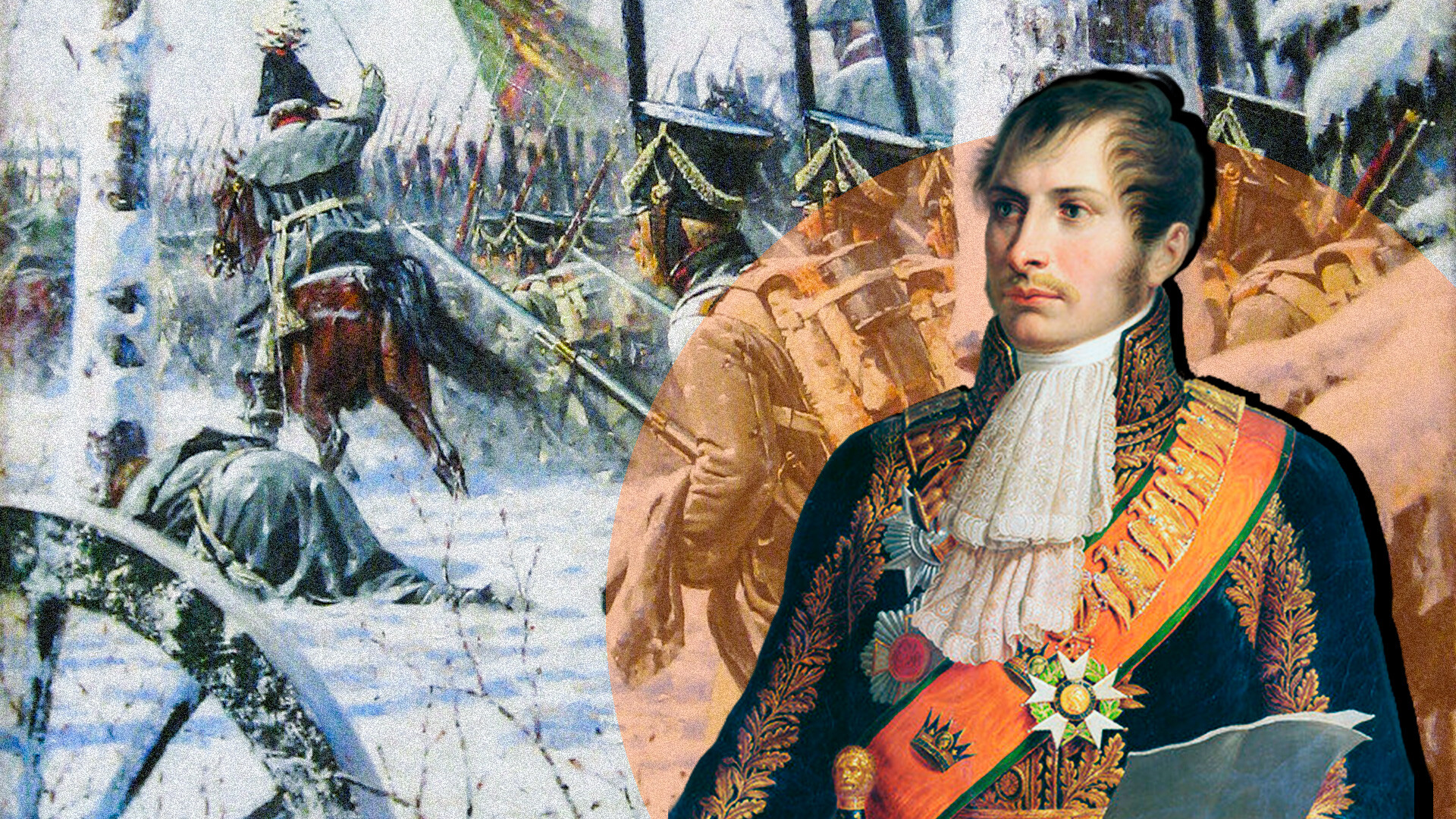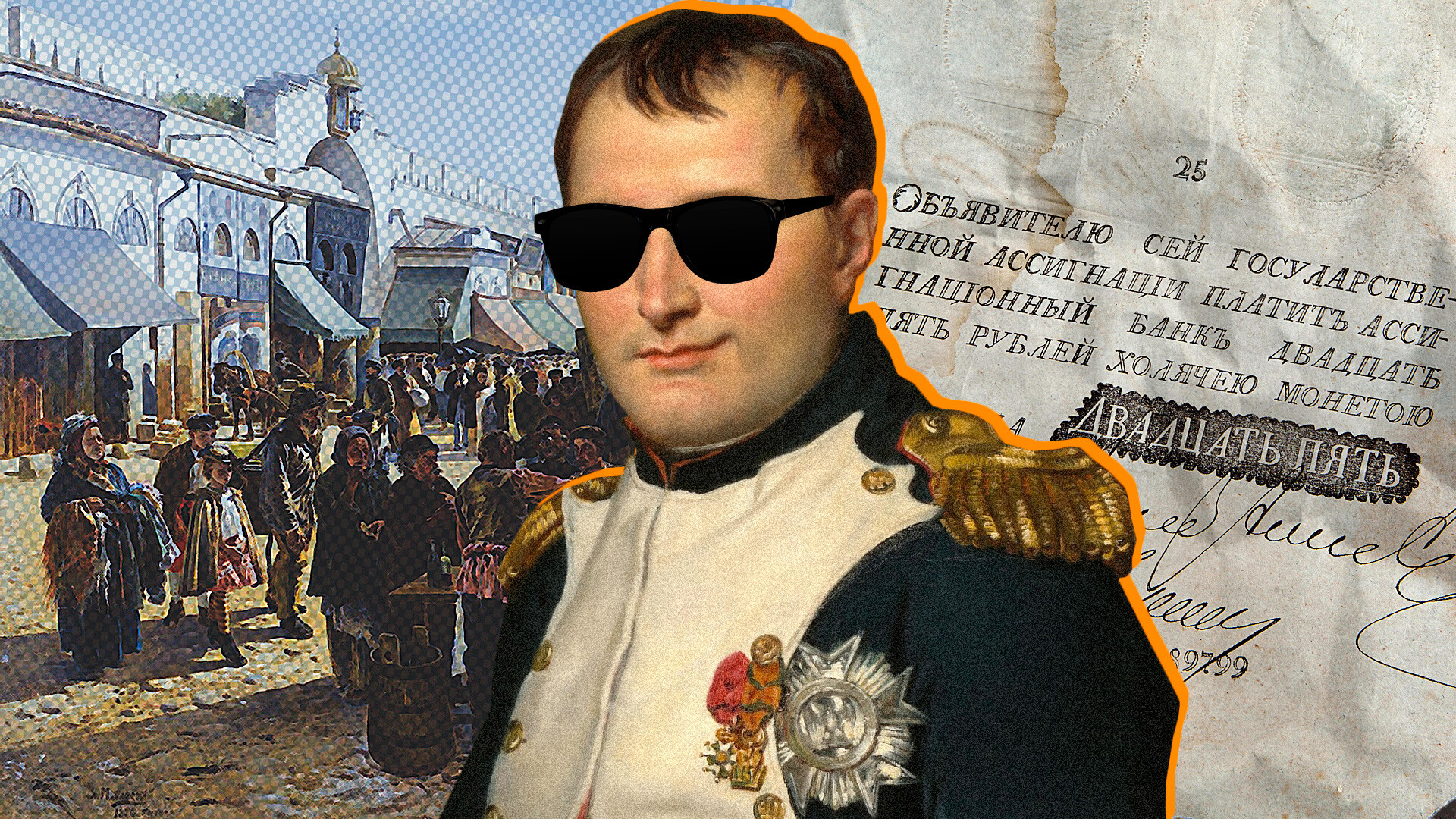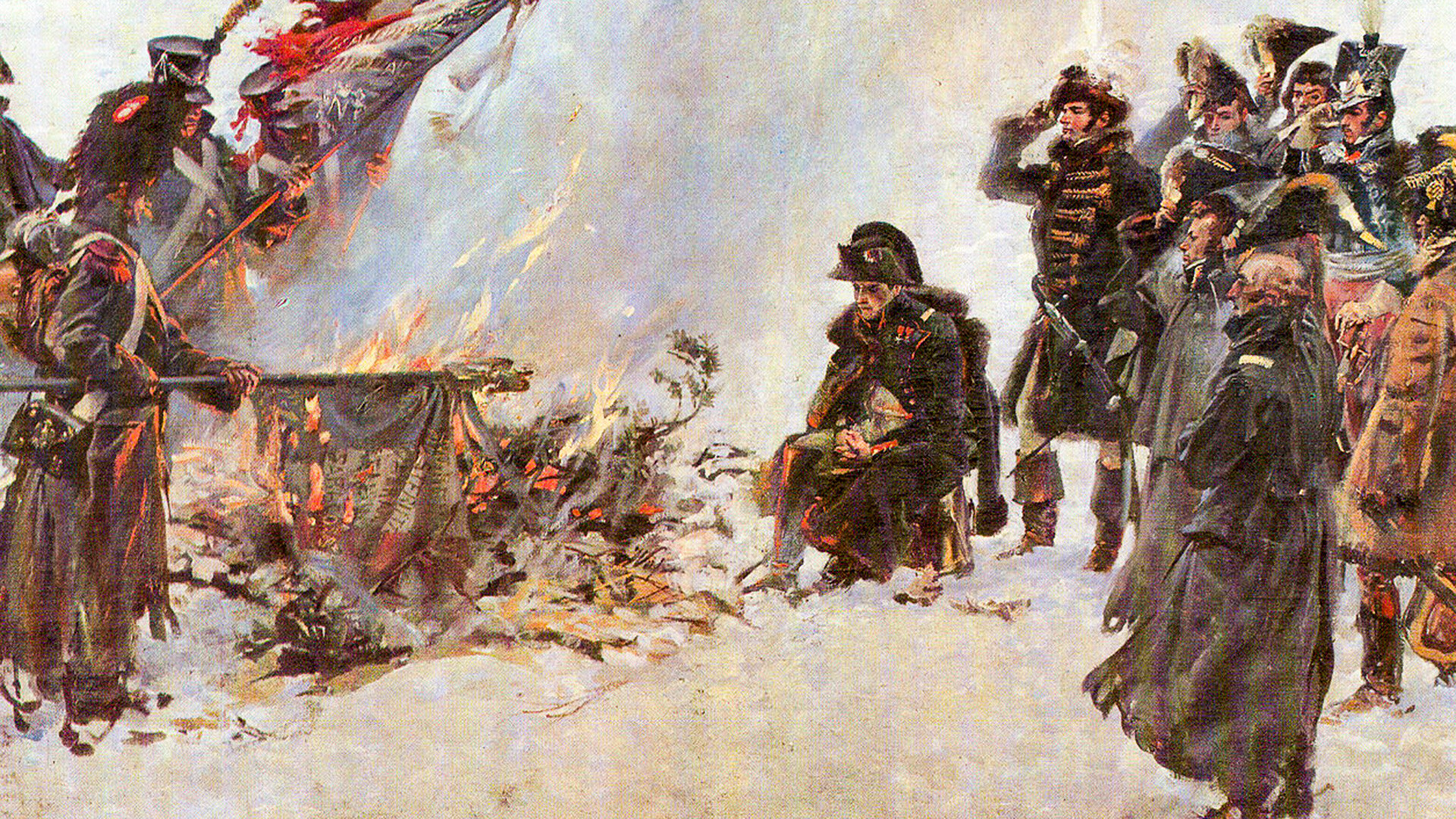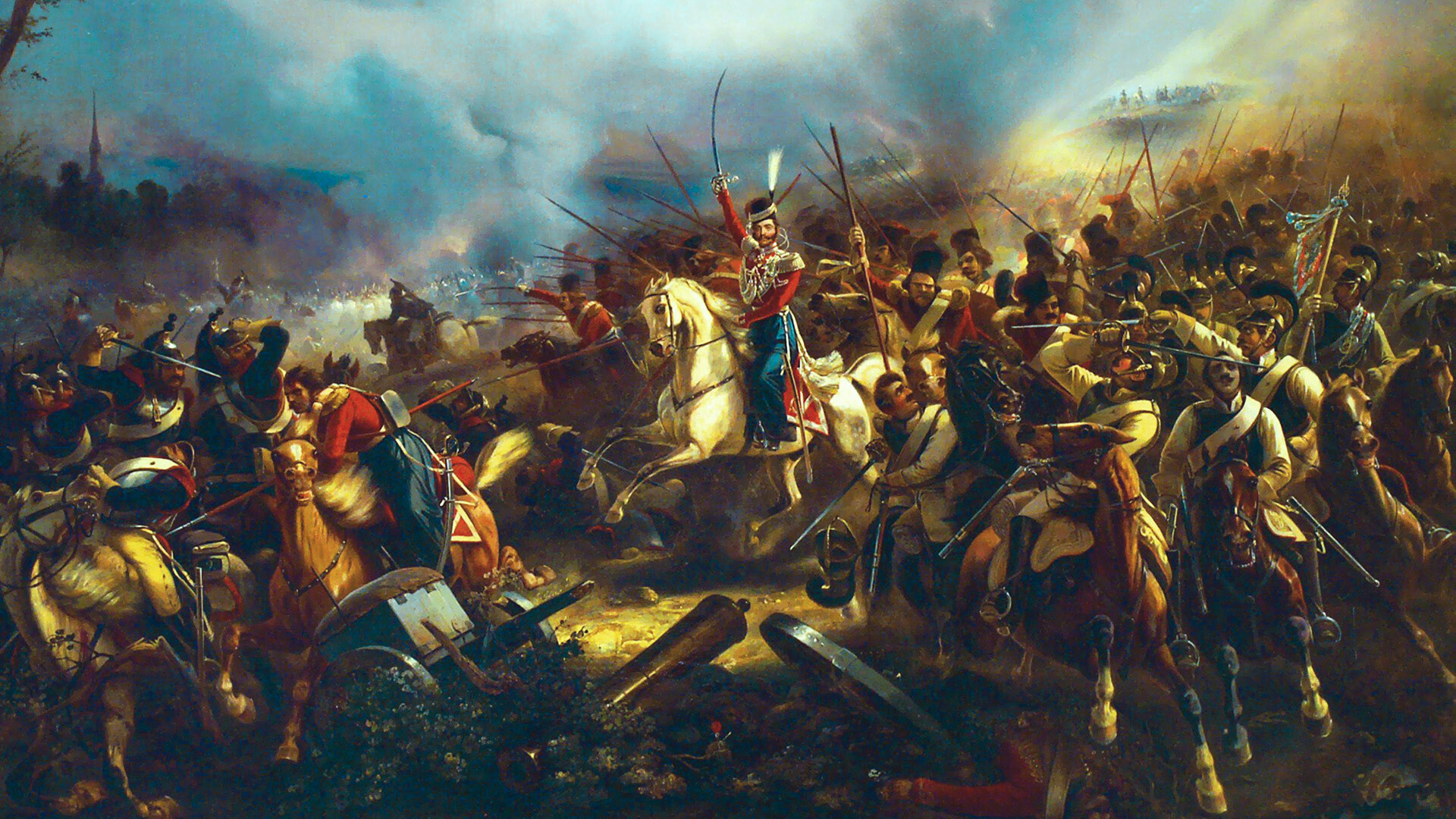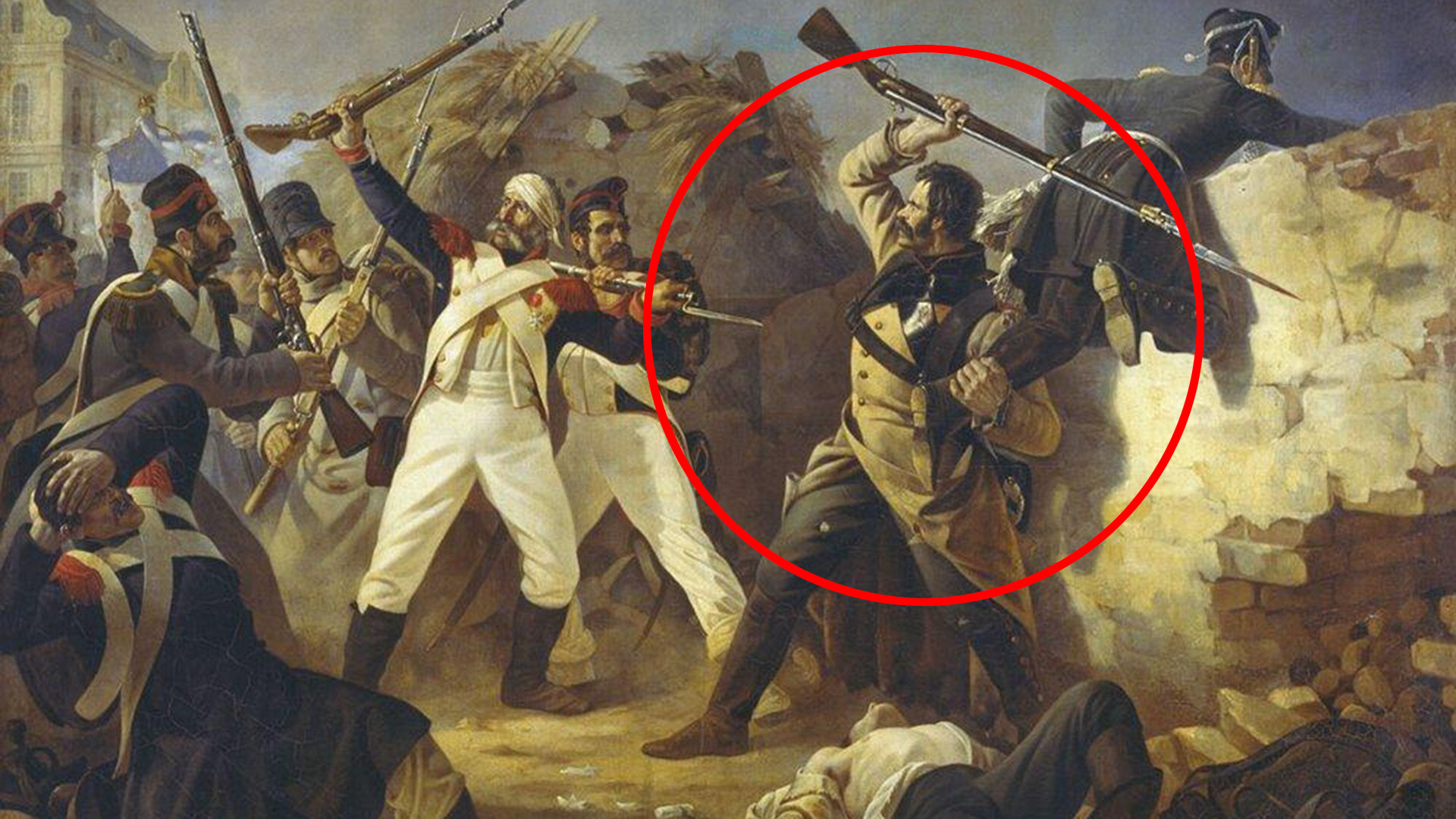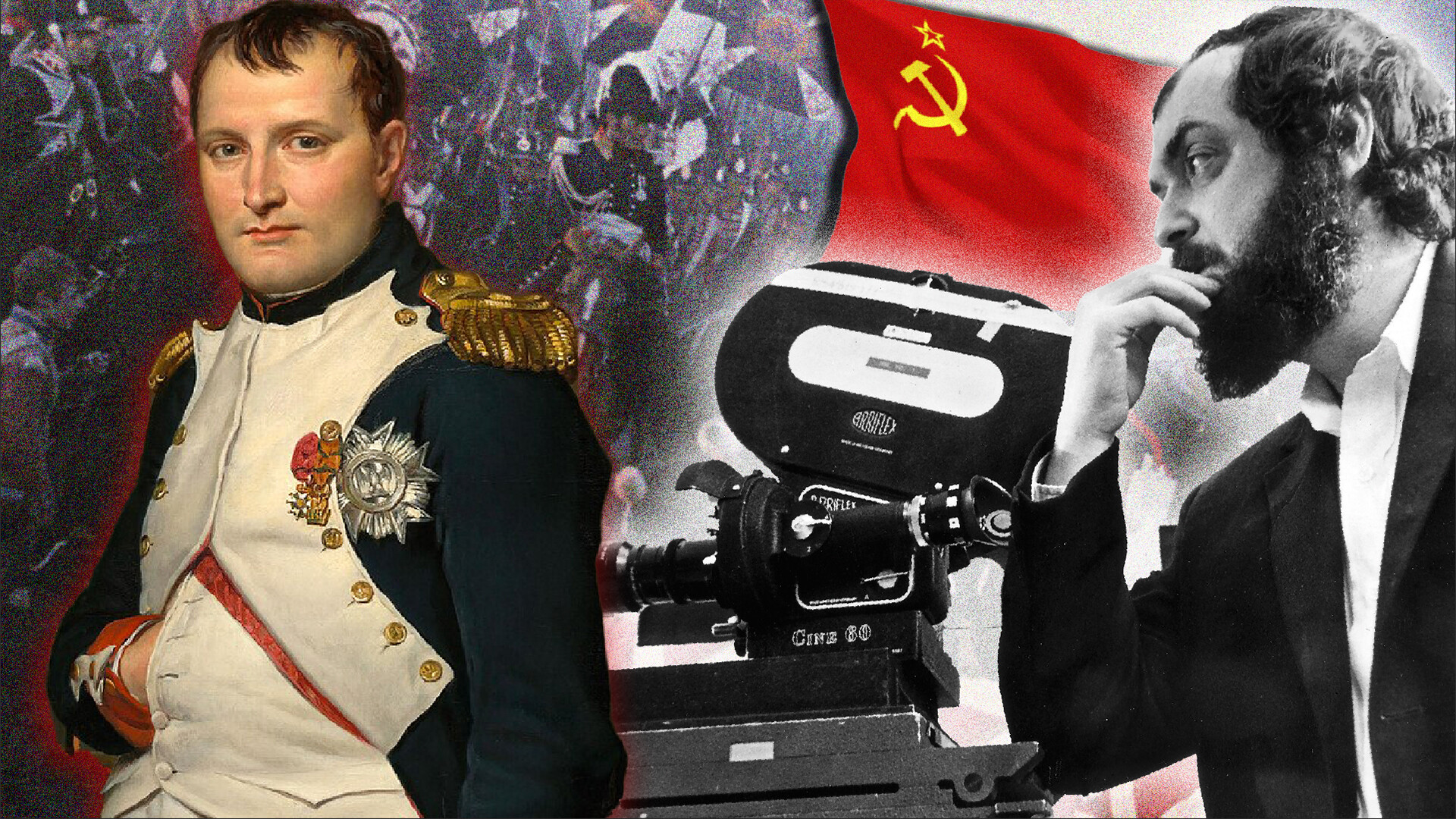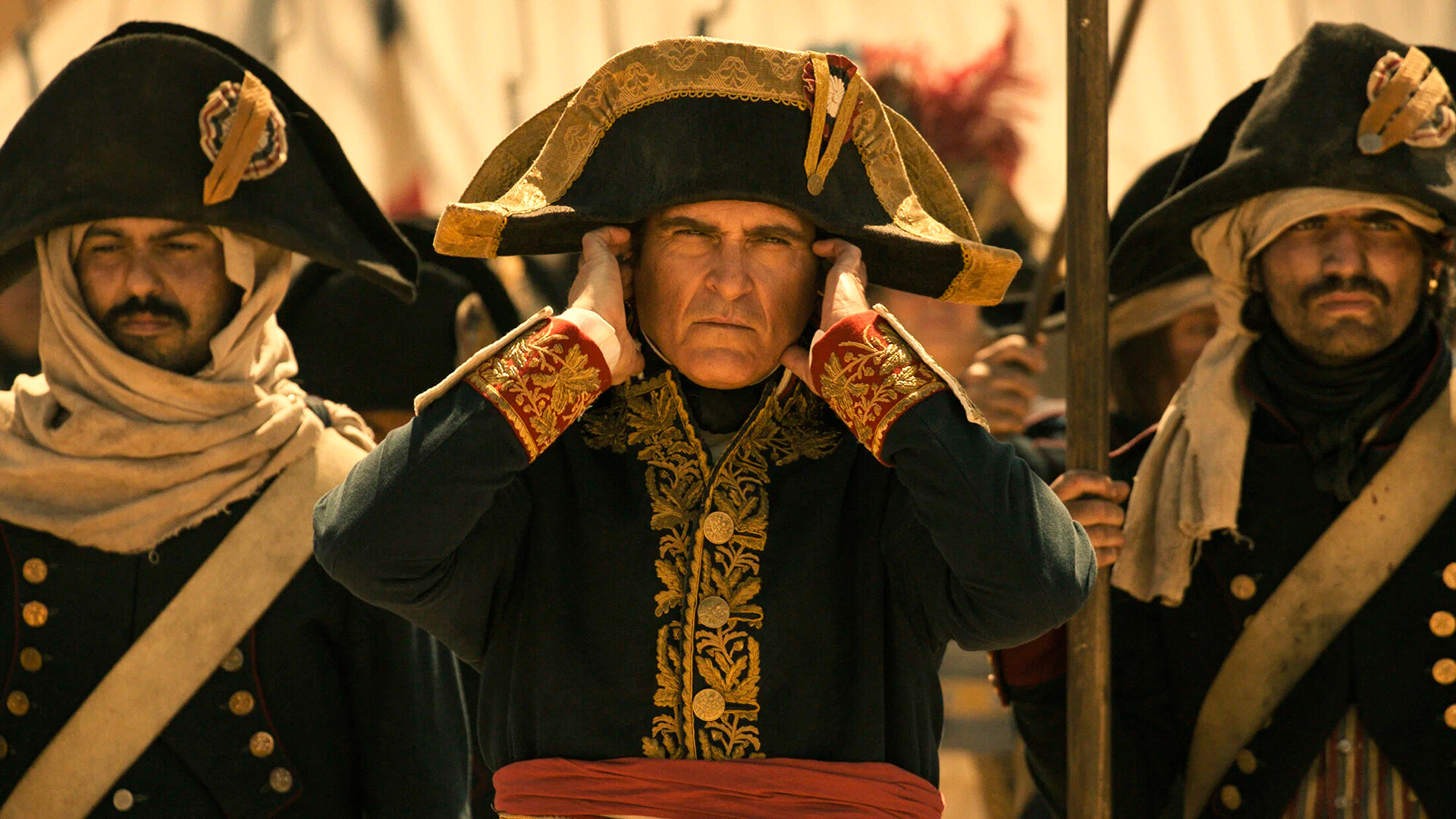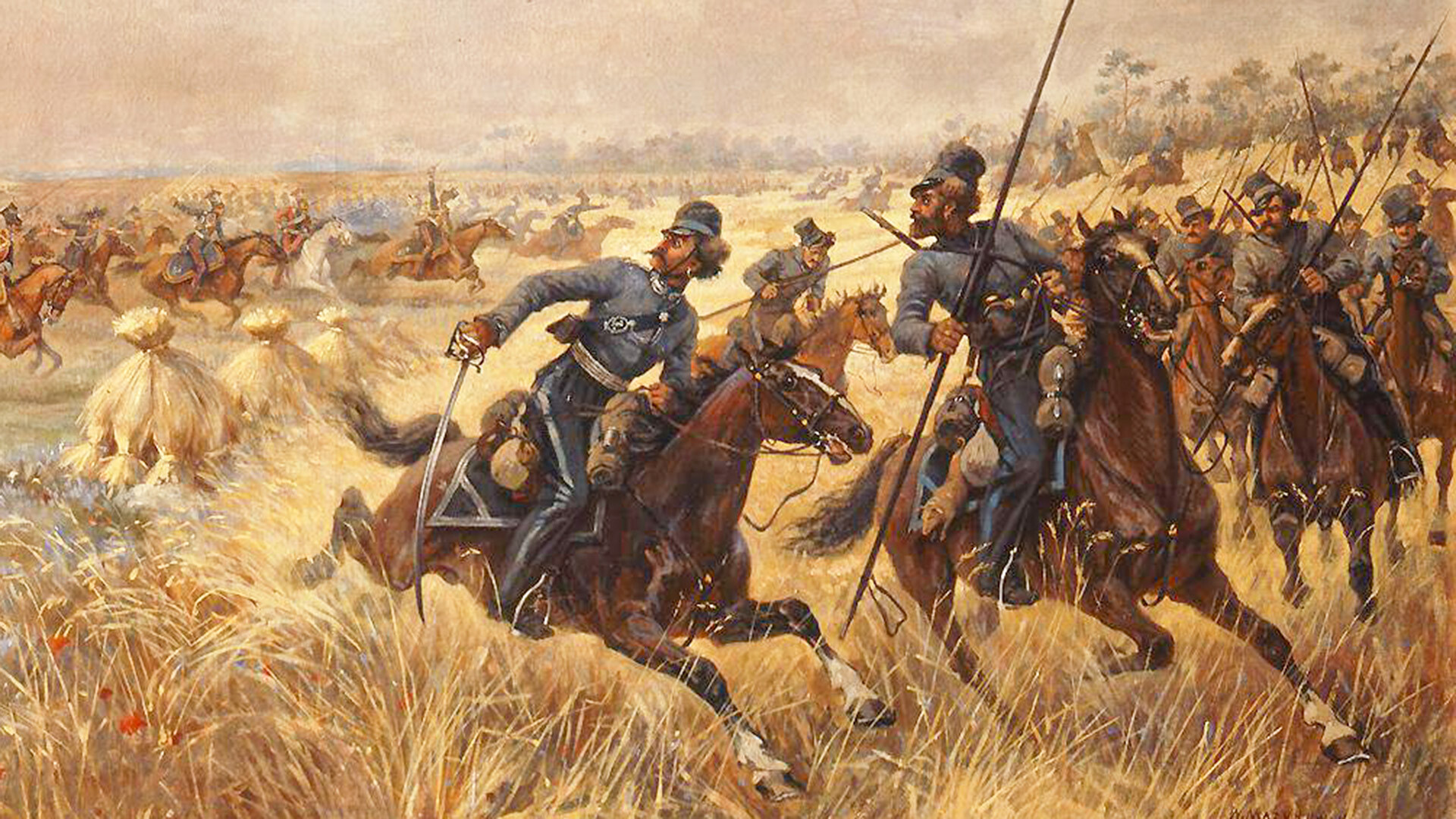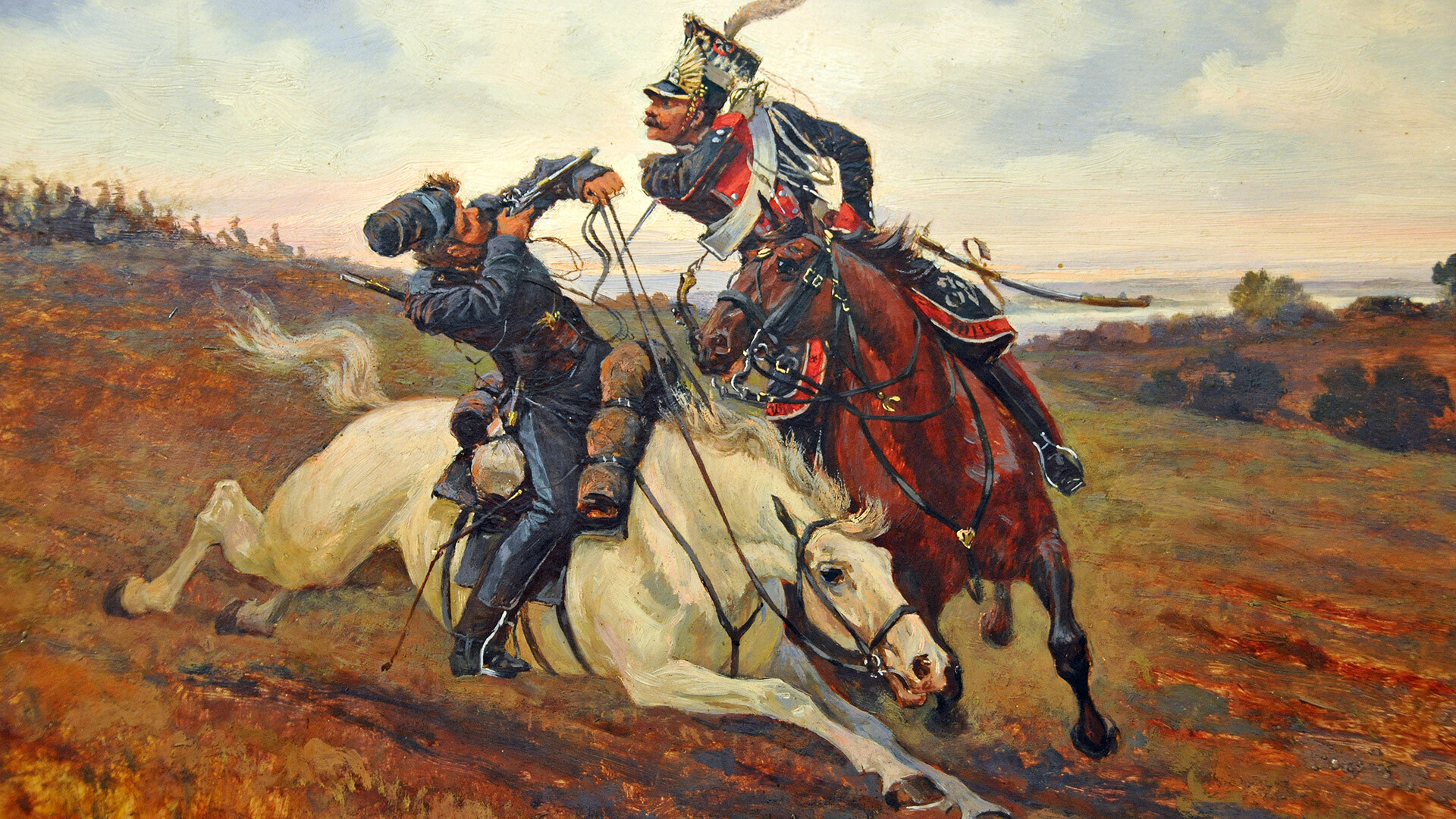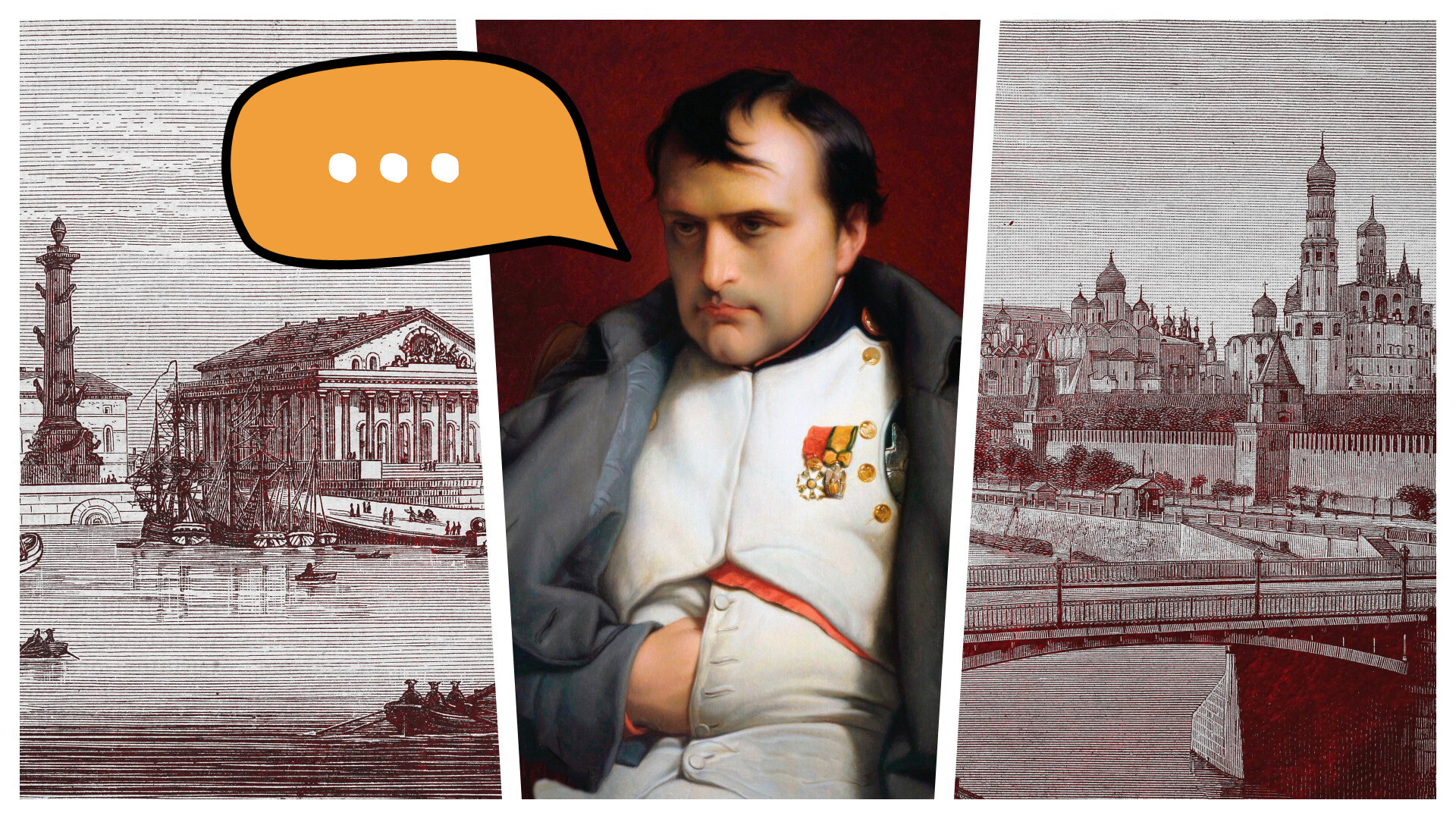
How a Napoleonic general became a Russian hero of the war against... Napoleon!
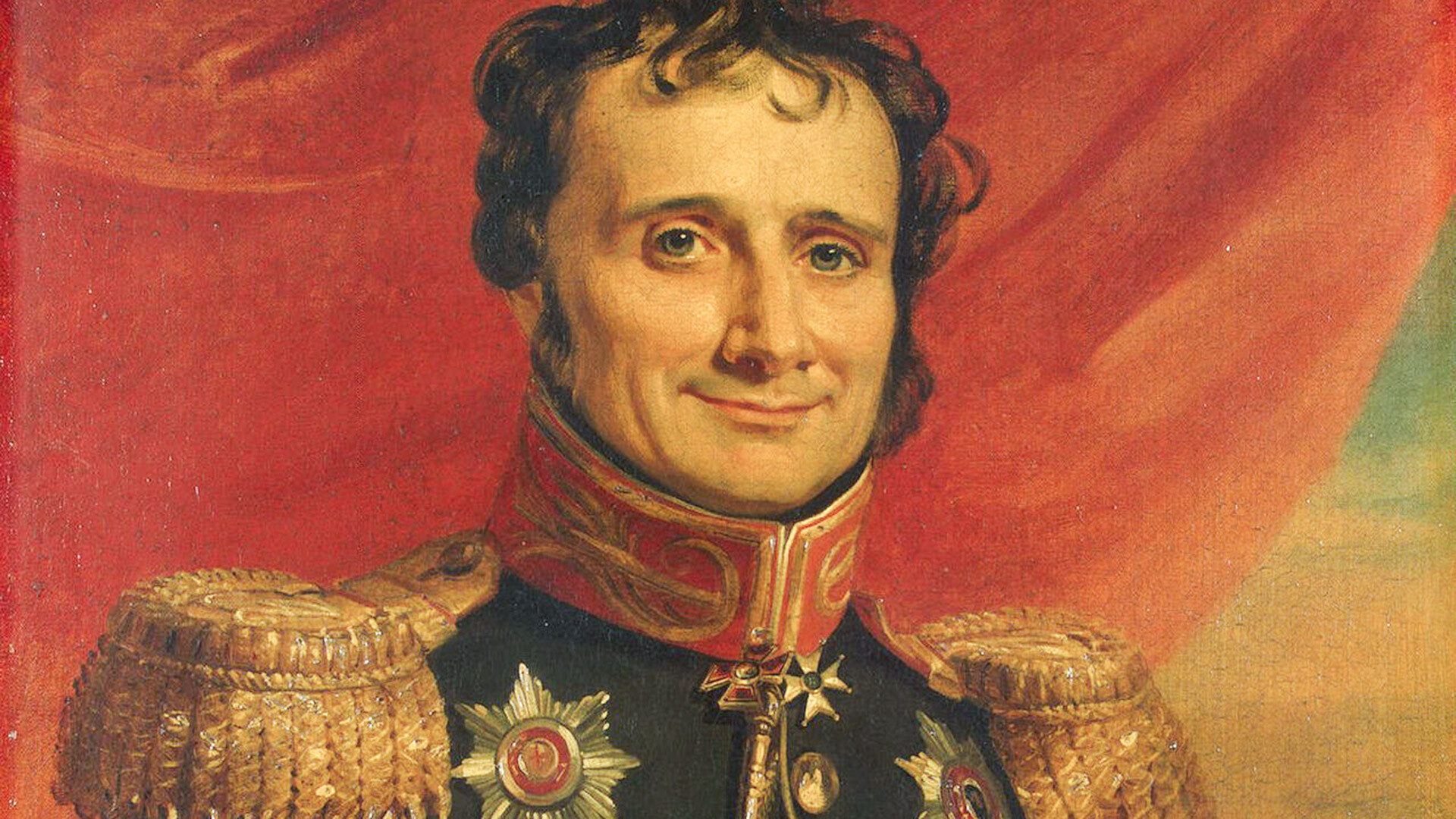
Brigadier General Antoine-Henri Jomini (Henry) served as governor of Vilna and Smolensk during the invasion of Russia by Bonaparte's Grande Armée in 1812. Thanks largely to the Swiss’s military talent, the remnants of the French forces were able to leave Russia in November of that year.
In May 1813, Napoleon won the battle of Bautzen and Jomini played an important role in this. The commander hoped to be awarded the rank of division general, but his longtime detractor, the emperor’s chief of staff, Marshal Louis-Alexandre Berthier, prevented this.
The offended Swiss decided to change sides. Back in 1810, he wanted to go into the service of Tsar Alexander I, but Napoleon did not let him go. During the so-called Truce of Pläswitz in August 1813, Jomini carried out his plan.
The Russian autocrat warmly welcomed Antoine-Henri, made him adjutant general and involved in the planning of the military operations of the Allied forces. In addition, the military leader was in the retinue of the emperor and took part in the work of peace congresses after the fall of Napoleon.
The Swiss made a great contribution to the development of military science and higher military education in Russia. He became one of the founders of the Imperial Military Academy (nowadays - the Military Academy of the General Staff of the Armed Forces of the Russian Federation).
Antoine-Henri Jomini's portrait can be seen today in the Military Gallery of the Winter Palace in St. Petersburg, where the portraits of 332 Russian generals who participated in the Patriotic War of 1812 and the War of the Sixth Coalition in 1813-1814 hang.


